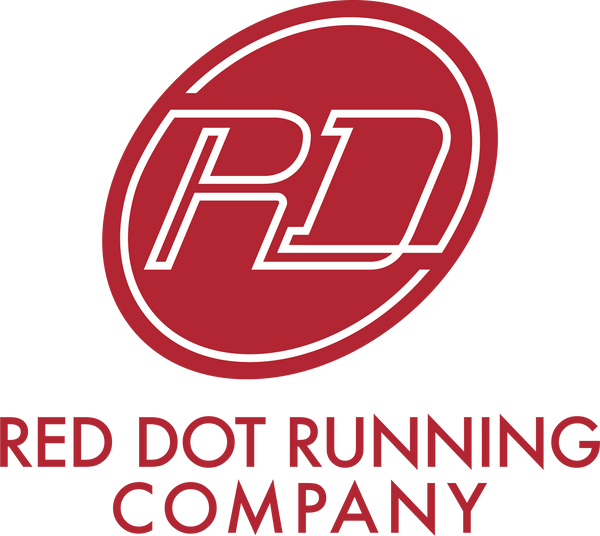One of our Elite Ambassadors, Ian Deeth, will run his debut marathon in the Gold Coast, Queensland on 2 July.
Lots of people make their marathon debuts every year, but Ian’s journey is somewhat unique; he has quite literally progressed through the entire spectrum of athletic distances, starting in his late teens as an indoor 60-metres specialist before moving up to his favoured distance of 400 metres, at which he earned international honours for Scotland and Great Britain in the Under-23 category. In his late 30s, Ian began his endurance journey in order to improve his proficiency in Obstacle Course Racing (OCR), which led to a newfound passion for road and trail races over 5km, 10km and the half marathon.
In the first in a series of blog posts leading up to his race in Australia, Ian shares some of his thoughts and training ideas, with the aim of helping others who have their sights on improving their running and hitting their 2023 goals.
As a former international sprinter, I am very aware that my natural talents lie in my ability to run quickly over a very short distance; when I was younger, my motivation was largely about the performance goals of running milestone times and personal bests, as well as the outcome goals of winning or placing well in championship races.
As I progressed, I began to understand that regardless of how I prepared and ultimately performed, the outcome (e.g. winning, or a podium place) was largely outside of my control. Regardless of how well I sprinted, I couldn’t control the performances of my competitors, and ultimately the result; I had to focus on the elements I could control – ensuring I ran my best race, with what was available to me on any given day. When I moved into endurance running in my mid 30s, a passion that came around through my love of obstacle course running (which at its core, is an endurance running event), the need to focus on the ‘controllables’ became even more important, as I was now competing in an area of sport well outside the area in which my natural talent lay.
The human brain has a confirmation bias, which means we tend to seek out and believe information that supports our beliefs and attitudes, and although I embraced and enjoyed the challenge of pushing myself in a new domain, when I first started training regularly for endurance events, I still considered myself a ‘sprinter’ and not a ‘runner’ (even though I had not sprinted in over a decade). At the time, I didn’t realise that this ‘fixed’ mindset was a barrier to my progress; if we don’t identify ourselves with the activity we engage in – in this instance, as ‘a runner’ – that can only harm our chances of improving.
A key book that helped me shift from this way of thinking to a more positive perspective was Carol Dweck’s Mindset. Her work focuses on the idea that individuals have either a fixed mindset or a growth mindset, and that the latter leads to greater success and fulfillment. A fixed mindset is the belief that one's abilities and traits are set in stone, while a growth mindset is the belief that abilities and traits can be developed and improved through effort and learning. Dweck argues that having a growth mindset leads to a more positive outlook, greater resilience in the face of challenges, and higher levels of achievement.
As I adjusted my mindset, with a focus on the process and my own performance goals, I was also starting to show consistency in my training, and I began to embrace the notion that I was indeed ‘a runner’. I was training, consistently, at least five times each week, and maintaining this month after month. With consistency came an improvement in my 5km and 10km times, and with this, the confidence to eventually take on my first half marathon, something that felt like an impossible distance to conquer when I started this ‘running’ journey. Whilst the definition of a runner is subjective and varies from person to person, being a runner isn’t about sticking to where your natural talents lie, hitting a particular time, or meeting specific criteria or standards. It is more about the personal identification and connection with the activity; being engaged and enjoying what you do.

Even though I’ve always run, I’ve now been ‘a runner’ according to my criteria for six years and I’ve finally decided to test myself over what many consider the marquee runner distance, the marathon.
In my next post, I will share a little more about my goalsetting process and some of the tools I hope can help you reach your own running targets.

